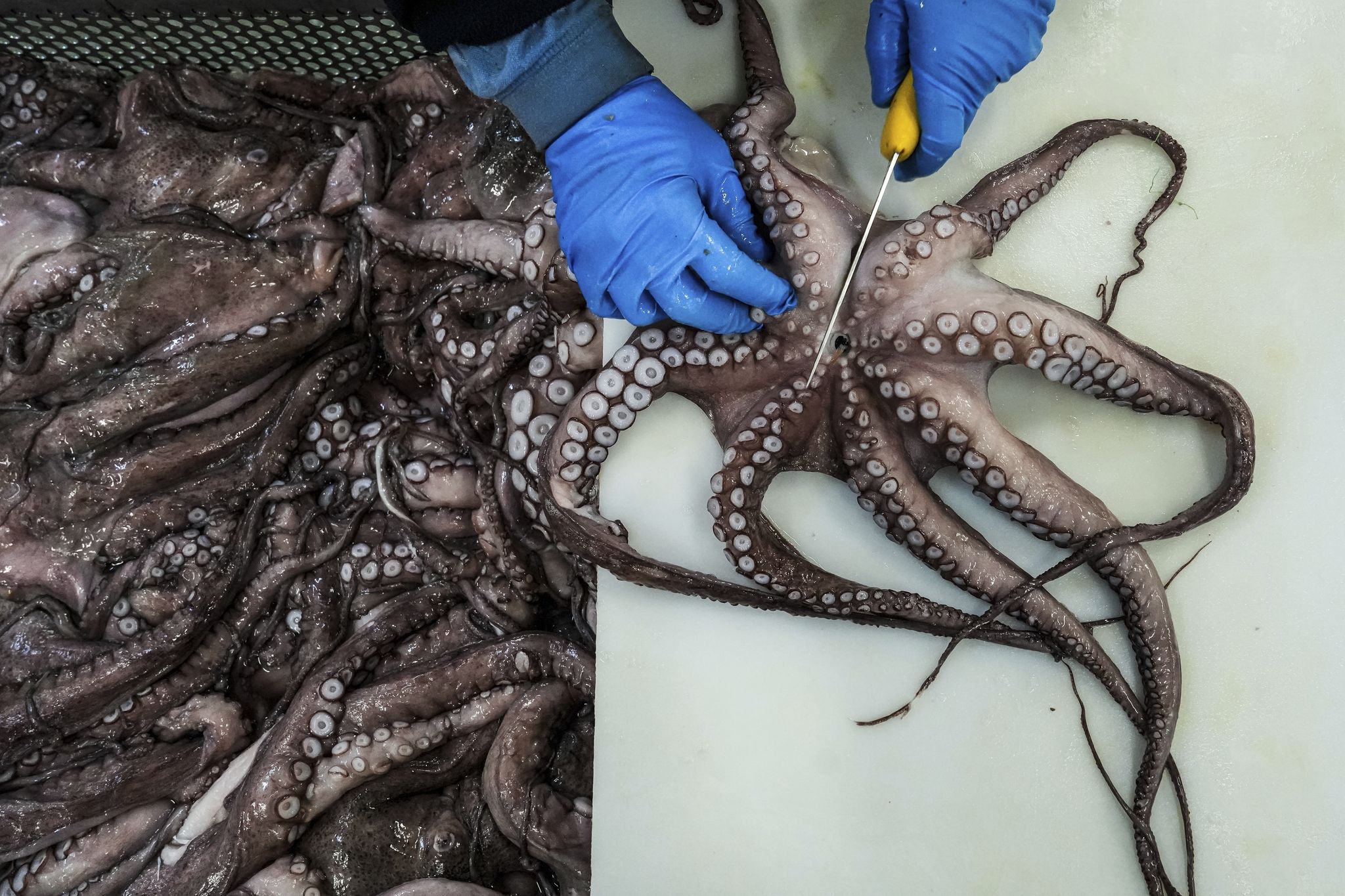Now Reading: Study Reveals Surprising Climate Impact of Owning a Dog
-
01
Study Reveals Surprising Climate Impact of Owning a Dog
Study Reveals Surprising Climate Impact of Owning a Dog

Swift Summary
- A study from the National Academy of sciences revealed Americans often overestimate the climate impact of actions like recycling while underestimating high-impact behaviors like skipping plane flights or reducing meat consumption.
- Actions with the highest positive impact on climate include avoiding air travel, choosing renewable energy, and not adopting meat-eating pets such as dogs.
- Recycling, using energy-efficient light bulbs, and changing appliances were identified as low-impact actions frequently overestimated by participants.
- Experts attribute this misjudgment to visible actions like recycling being more psychologically impactful compared to invisible carbon emissions associated with flying or livestock farming.
- Plane flights emit significant greenhouse gases; a single round-trip flight can equate to yearly meat consumption in terms of carbon savings if skipped.
- Pets eating meat (especially beef) contribute substantially to emissions; alternative protein sources for pet food can definitely help reduce their environmental footprint.
- Renewable energy sources are highly effective for reducing home heating/cooling-related emissions compared to incremental appliance efficiency upgrades.
Indian Opinion Analysis
India stands at a pivotal crossroads regarding climate change action due to it’s growing economy and population. While affluent nations are grappling with individual-level misconceptions around impactful choices, similar patterns might potentially be observed in India if public awareness campaigns fail. The findings emphasize that policy shifts toward promoting major impactful changes-like increasing adoption of renewable energies or discouraging excessive reliance on air travel-might offer significant benefits within India’s context.
The insights about underestimated impacts (e.g., pets’ diet causing greenhouse gas emissions) could influence how India’s urban populations reevaluate lifestyle choices as pet ownership rises alongside disposable income levels. Additionally, recognizing localized behavioral barriers stemming from socio-economic diversity is key for fostering informed interventions tailored specifically to indian consumers. Success hear might depend heavily on educational outreach accessible across income strata. For policymakers designing India’s lasting future roadmap, clearer communication could amplify focus on systemic solutions instead of superficial “feel-good” ecological habits adopted by individuals globally.


























